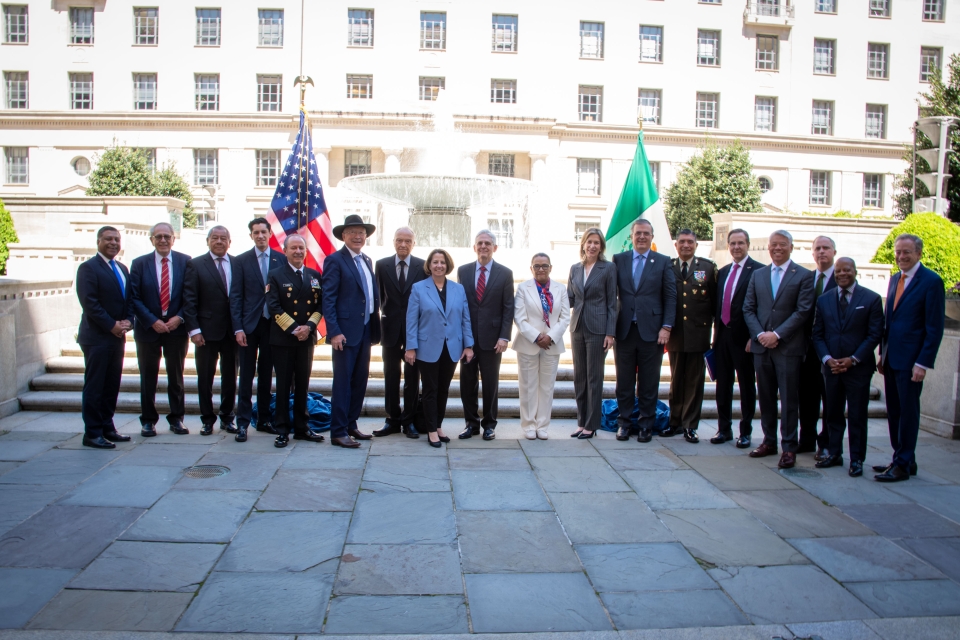04/18/12 – As Mexico City struggles to meet the 2016 criminal justice reform deadline, a major obstacle has proved to be its judges’ lack of adversarial system oral trial skills. As judiciary officials such as local Supreme Court President Édgar Elías Azar and former district Prosecutor Rodolfo Félix Cárdenas have noted, many of the judges oppose the transition and actively resist the new practices it requires of them.
Some of them, Félix Cárdenas explained, find the “written process more comfortable,” because it allows them to “delegate” much more to “other court personnel,” and to further distance themselves from responsibility for the outcome of each case. As a judge under the old system, he elaborated, “I have someone to help me write, I have my assistants, my secretaries, etc., and they hand me the proposed decisions…I just review them, or even sometimes just sign them without even looking at them.”
Reticence to let go of the old inquisitorial, document-based criminal justice system has caused problems in other Mexican states as well, most notably those that have advanced further in the implementation process, such as Chihuahua, Oaxaca, and the State of México (Edomex). Many judges, explained President Elías Azar, simply “don’t work” in the context of the adversarial system, and it “doesn’t matter how many times we give them courses, or shut them in a room and talk at them, etc., because they are mentally conditioned to the written system.”
As an indicator of the delayed pace at which oral hearings have been reaching the criminally accused, last year’s Third Survey of the Incarcerated Population of the Federal District and the State of Mexico (Tercera Encuesta de Población en Reclusión en el DF y Estado de México) by the Center for Economics Research and Teaching (Centro de Investigación y Docencia Económicas, CIDE) revealed that 82% of those imprisoned never received the opportunity to be heard before a judge.
In response to this problem, Félix Cárdenas argues that the judiciary should no longer attempt to mandate district’s judges’ participation in oral, adversarial hearings. Instead, he suggests initiating a competitive selection process to restructure a district’s bench. This way, anyone interested in becoming a judge in the jurisdiction would apply to become one. Then, only the most adept candidates would become the district’s judges, allowing private lawyers or court clerks to move into the position if they possess skills superior to those of current judges.
In particular, Félix Cardenas expects that many older or less adaptable judges would be supplanted by clerks who have become more knowledgeable in the new system—especially some of the secretarios de acuerdos, or clerks with more administrative and procedural responsibilities, as opposed to secretarios proyectistas who perform more research and writing. “We would have some big surprises,” he predicts, “many of the current judges would stay, but many would go,” perhaps even some people who right now are “public defenders or even private defense lawyers would say ‘I want to be a judge’” and become one.
Sources:
Martínez, Diana. “Ven ante oralidad jueces incapaces.” Reforma. April 17, 2012.




